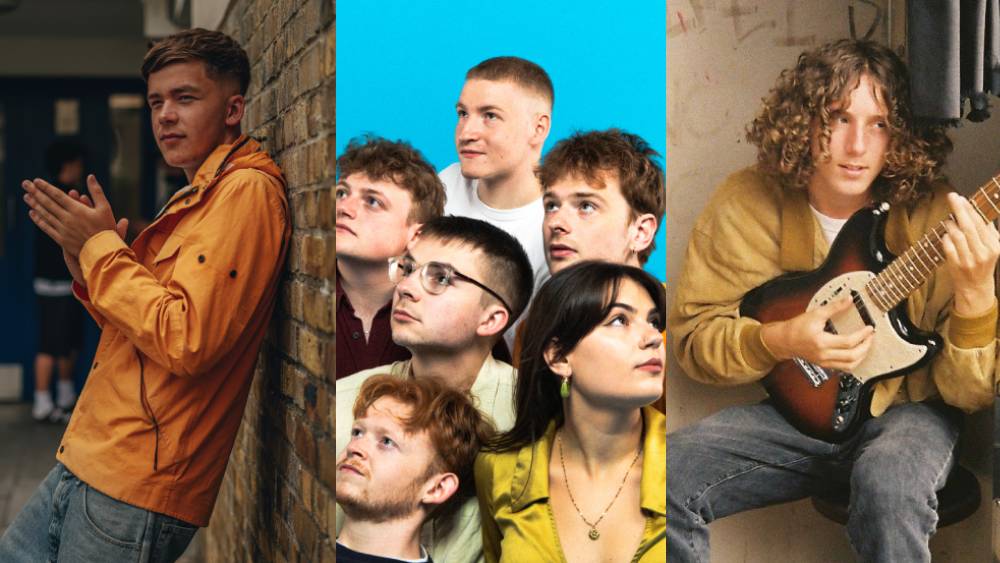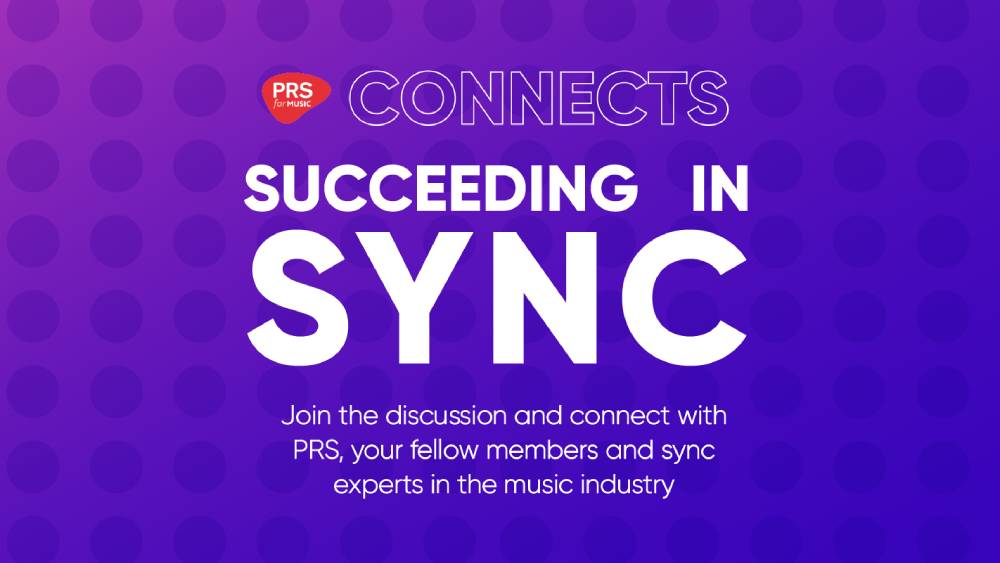When it comes to assessing the future of the music and video games industries, Dr Jo Twist OBE is in a unique position. After all, Jo served as CEO of the Association for UK Interactive Entertainment (Ukie), a trade body representing the games and interactive entertainment sector, for 11 years before she was appointed as CEO of the British Phonographic Industry (BPI) in 2023.
‘I’m a collector of creative industries,’ she wryly acknowledged while speaking at the recent Games Meet Music event, which brought together people working in both fields as part of London Games Festival. During a fireside chat with journalist Will Freeman, Jo shared her thoughts on the future of music and gaming as well as the great potential for collaboration between the two areas.
Here’s what we learned from the From Games to Music: What does the Future Hold? discussion.
The cultural bias against games is dissolving
There’s always been a natural intersection between music and games, but conversations between the two industries seem to be gaining momentum. It’s not a generational thing, Jo argued — after all, video games have been around for decades now. Rather, some of the cultural biases against gaming as a creative industry are finally being broken down. Most people now realise that games aren’t just for kids or nerds, although there’s still a way to go.
‘Even when I started in this job, people would come up to me and whisper, “I play video games,”’ she recalled. ‘You can say it loudly!’
Both industries, Jo added, also represent British success stories: the UK is both the second biggest exporter of music globally and the seat of development for games in Europe. Ultimately, she said, the two sectors go hand in hand, sharing an ability to bring communities together, spawn fandoms and find common creative ground: ‘It’s about humans and culture, and the joy these things bring us.'
Despite tough times, there is still optimism about the future
The gaming industry has endured a fair amount of turmoil over the past couple of years, with Jo putting this partly down to a natural contraction following a boom in the pandemic as well as the impact of Brexit. Music, meanwhile, has its own issues to contend with: music creators, for one, continue to wrestle with the global streaming landscape, which has changed the rules of music discovery forever. That said, British-made games and music still command global respect: ‘We’re still a headline act,' Jo noted.
As someone with experience in both industries, Jo is keen to keep helping unite music and games on the global stage. The BPI, for example, has previously teamed up with the Music Publishers Association (MPA) for LA Sync, a trade mission open to UK companies, songwriters and creatives who are actively engaged in sync across film, TV and games soundtracks.
Gaming tech is also constantly developing, especially outside of conventional games. Jo is particularly excited about virtual reality and other interactive experiences: ‘There’s so much more opportunity when we think about games, particularly ones that are social virtual worlds.’
Emerging artists should explore opportunities in gaming
When you think of music and gaming you might be drawn to the more obvious collaborations, like the soundtracks to such AAA titles as EA Sports FC. This isn't the be-all and end-all, however: as Jo noted, there’s a particularly rich seam of opportunity in games for music creators who are looking to build their fanbases.
This is particularly true in the vibrant indie gaming scene, where developers look to work with musicians on their projects to co-create various interactive elements. It's here, Jo said, that opportunities arise to compose something bespoke and work together in a truly organic manner: ‘There are real opportunities to help co-create with artists in a really authentic way.'
Elsewhere, ‘live’ games — existing titles that are continuously being updated rather than having a set end point — also offer opportunities for new collaborations with music creators whenever they launch new seasons or other updates.
There’s still a language barrier to overcome
The main challenge to grasping these opportunities, Jo said, is language. When moving to the music industry from gaming, Jo felt like she had to learn a whole new vocabulary in order to properly get to grips with the sector.
It's here that Jo sees trade associations playing a key role in helping build bridges between the two industries. She pointed to the BPI's Grow Music initiative as one such example, which helps UK-based companies with music or music-adjacent technologies at the heart of their product to learn more about the sector, problem-solve and ultimately accelerate their growth.
Ultimately, Jo concluded, the music and gaming industries thrive on a shared language of creativity that needs to be nurtured. Noting some of the concerns around the rise of generative AI, she also cautioned that the next generation must be given the freedom to create: ‘I think we’ve got a responsibility as creative industries [now] to make sure that that act of creativity is still there.’





